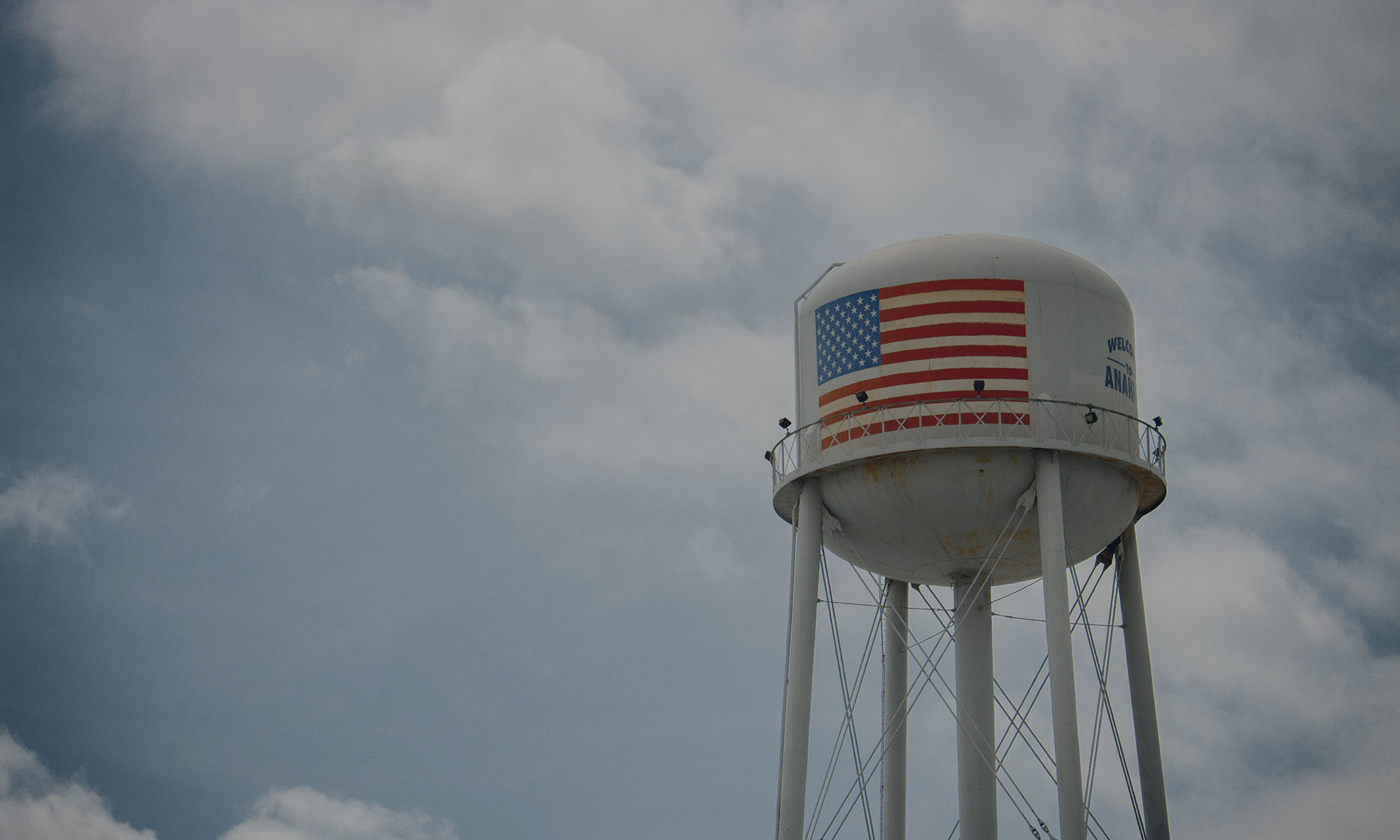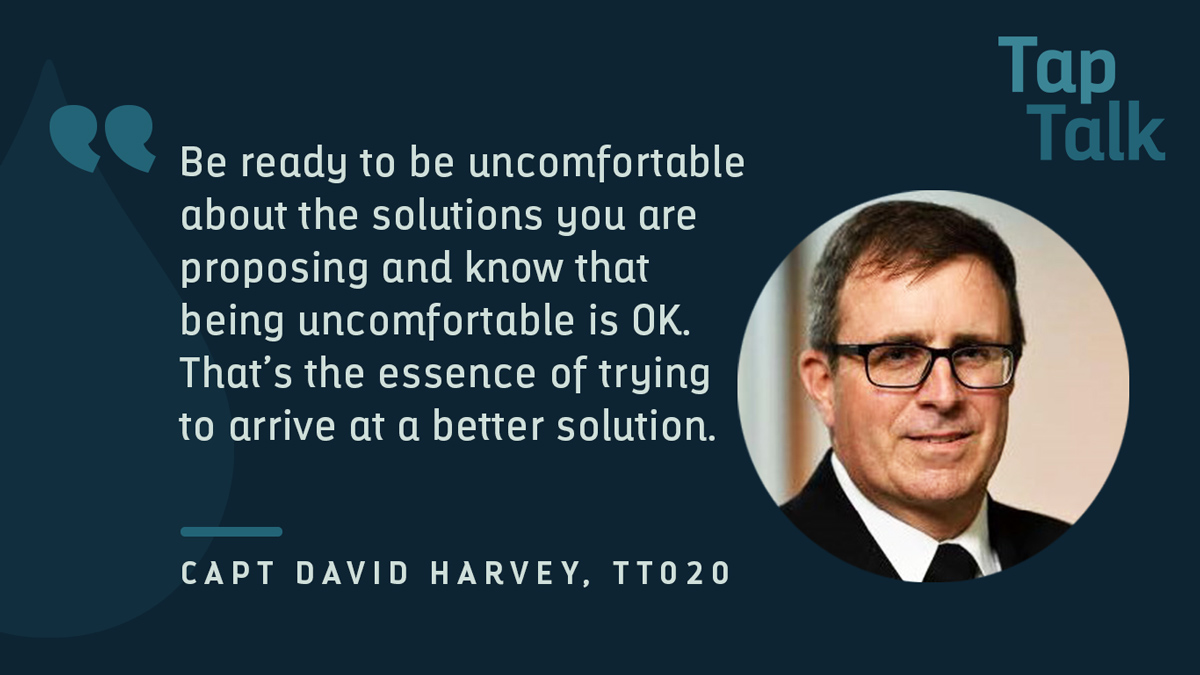How do we solve the most difficult water infrastructure problems? It requires a more nuanced approach to trust-building and a proactive perspective on the challenges still to come. In this episode we’re chatting with CAPT David Harvey about what we can all learn about problem solving in rural communities from the Indian Health Service.
Topics Discussed
-
- Meet CAPT David Harvey: Twitter | LinkedIn
- Most Musical Blow of the Conch Shell
- David’s Water Heroes: Norm Labbe | Ana Navas-Acien
- Improving public health communication in engineering
- Required skills when working with tribes and small systems
- Commonalities and Best Practices for Tribal Utility Sustainability
- WaterOperator.org’s Tribal Contact Manager
- Challenges of historic infrastructure funding
- Important of O&M sustainability
- The digital future of asset management
Go Further
You’re invited to discuss the episode in our LinkedIn Group. If you decide to share on Twitter, please use the hashtag #TapTalkPodcast. And, of course, make sure to subscribe in Apple Podcasts or your favorite podcast app.
About the Guest
CAPT David Harvey is a Commissioned Officer of the US Public Health Service and is currently assigned to the Indian Health Service as the Deputy Director of the Division of Sanitation Facilities Construction (SFC). He provides leadership and oversight on data generated, guidelines, and interagency coordination for an environmental health program supporting American Indian, and Alaska Native Tribes with needs identification; and then, the planning, design, and construction of water, wastewater, and solid waste facilities. Nationally, the SFC Program employs a professional technical, and administrative staff, of over 500 individuals; and, in FY 2021 the program has been appropriated over $300 million in funding, for the construction of $3.1 billion for sanitation facilities, from identified needs.
CAPT Harvey is a registered Professional Engineer in the State of Maine. He also holds a Bachelor of Science degree from the University of Maine, a Master of Science degree from the University of Connecticut both in Civil Engineering and a Master of Public Health degree from Johns Hopkins University Bloomberg School of Public Health. In 2019 he was named by Johns Hopkins University as a Bloomberg American Health Initiative Fellow and is currently pursuing a Doctor of Public Health Degree.

